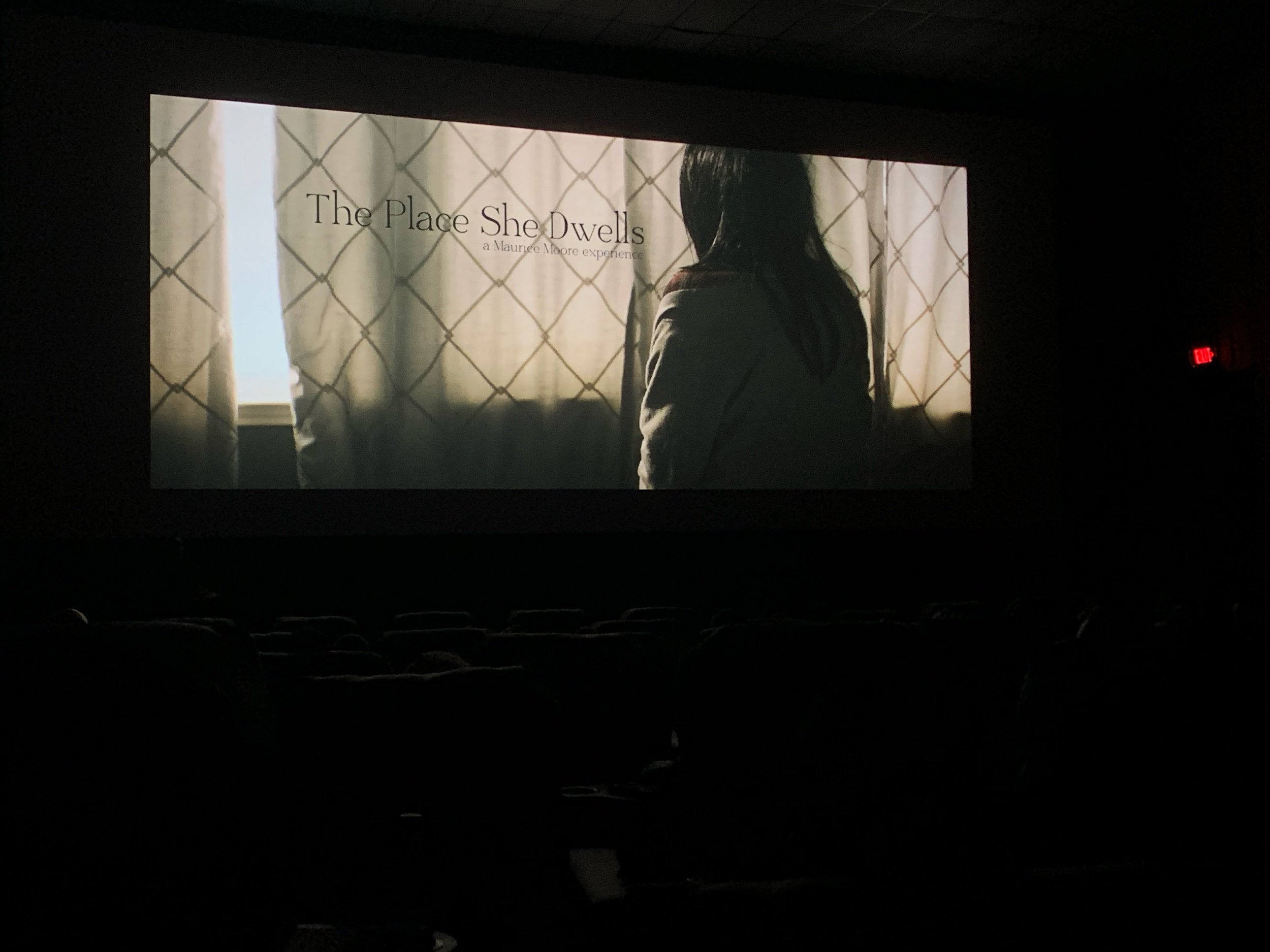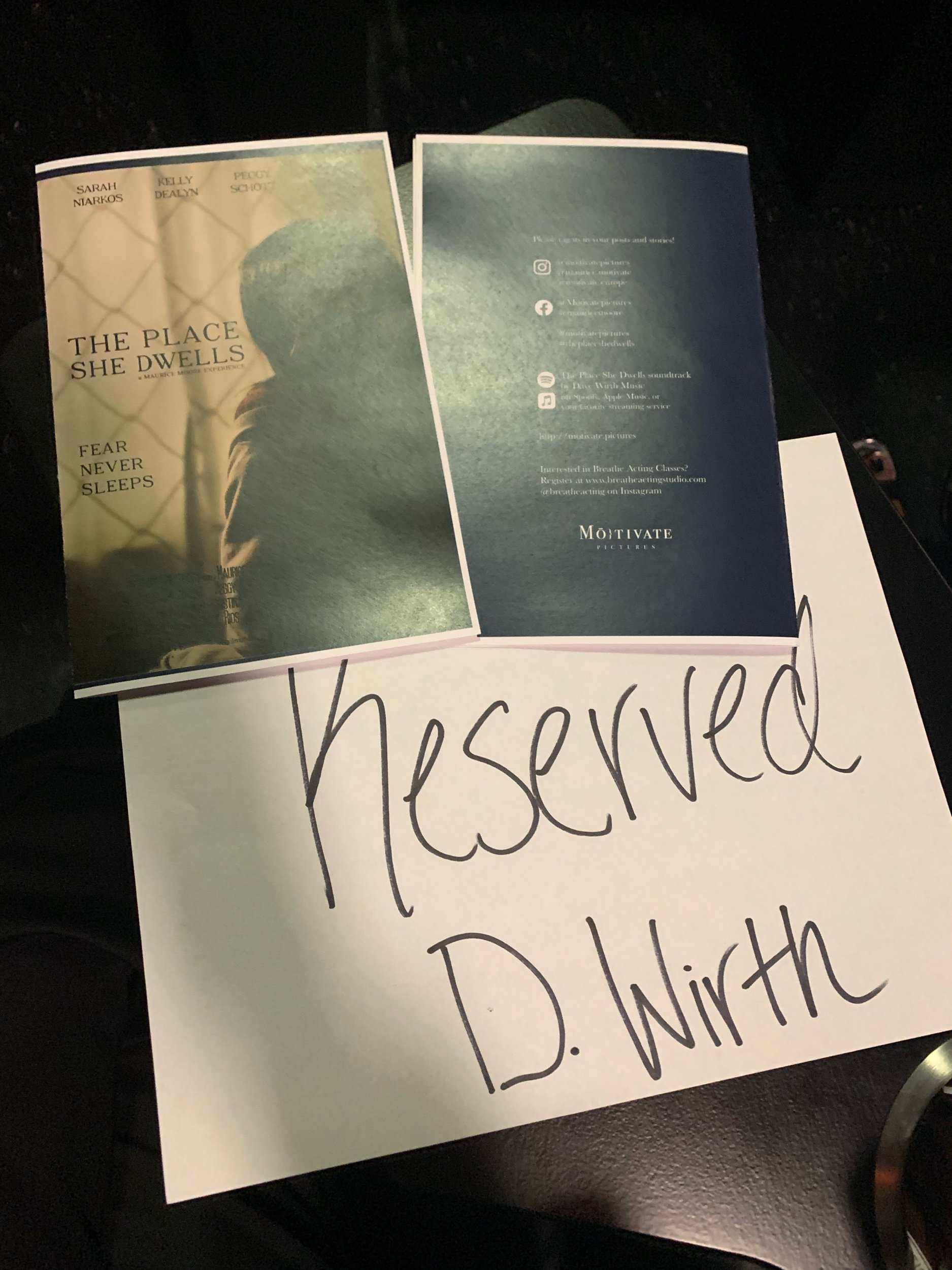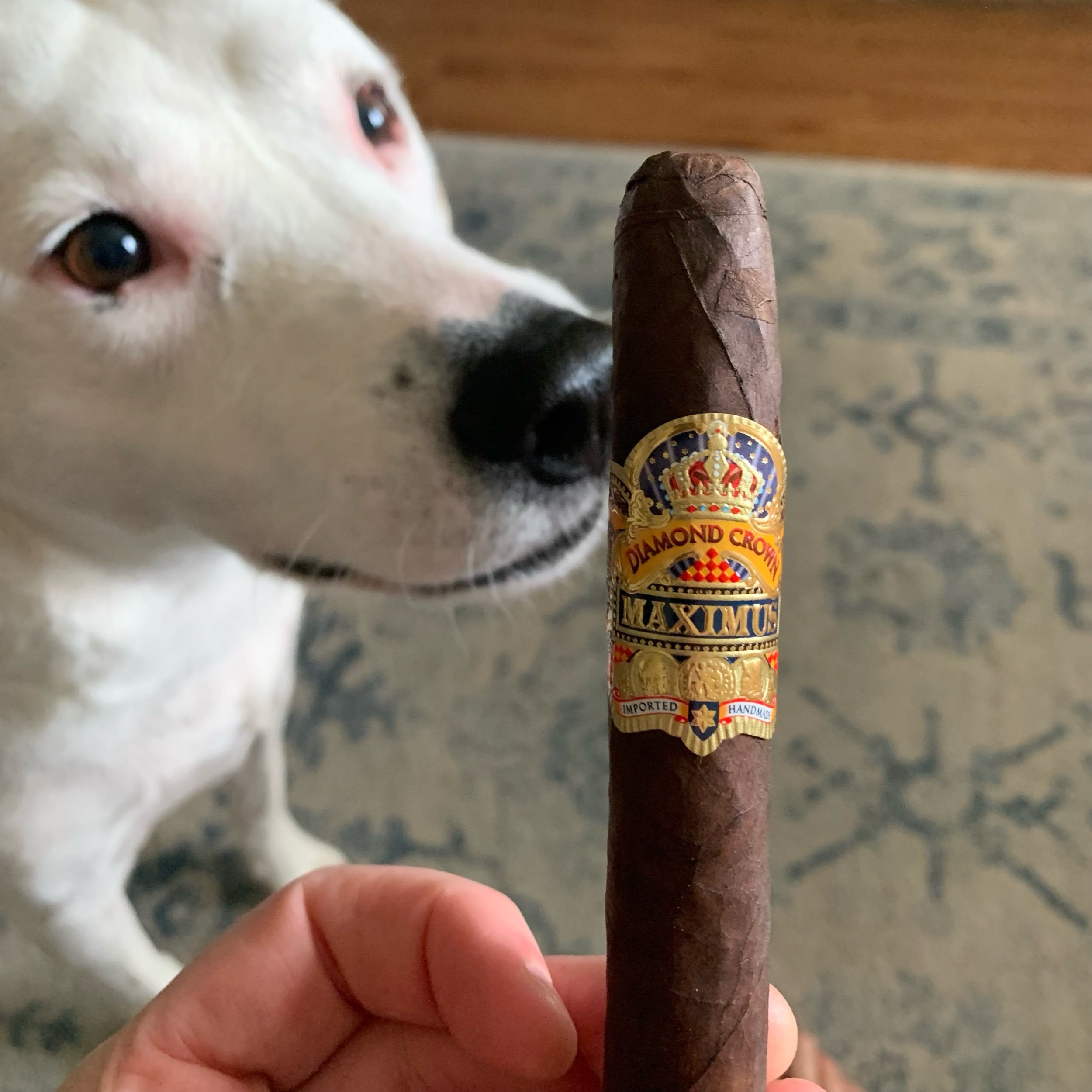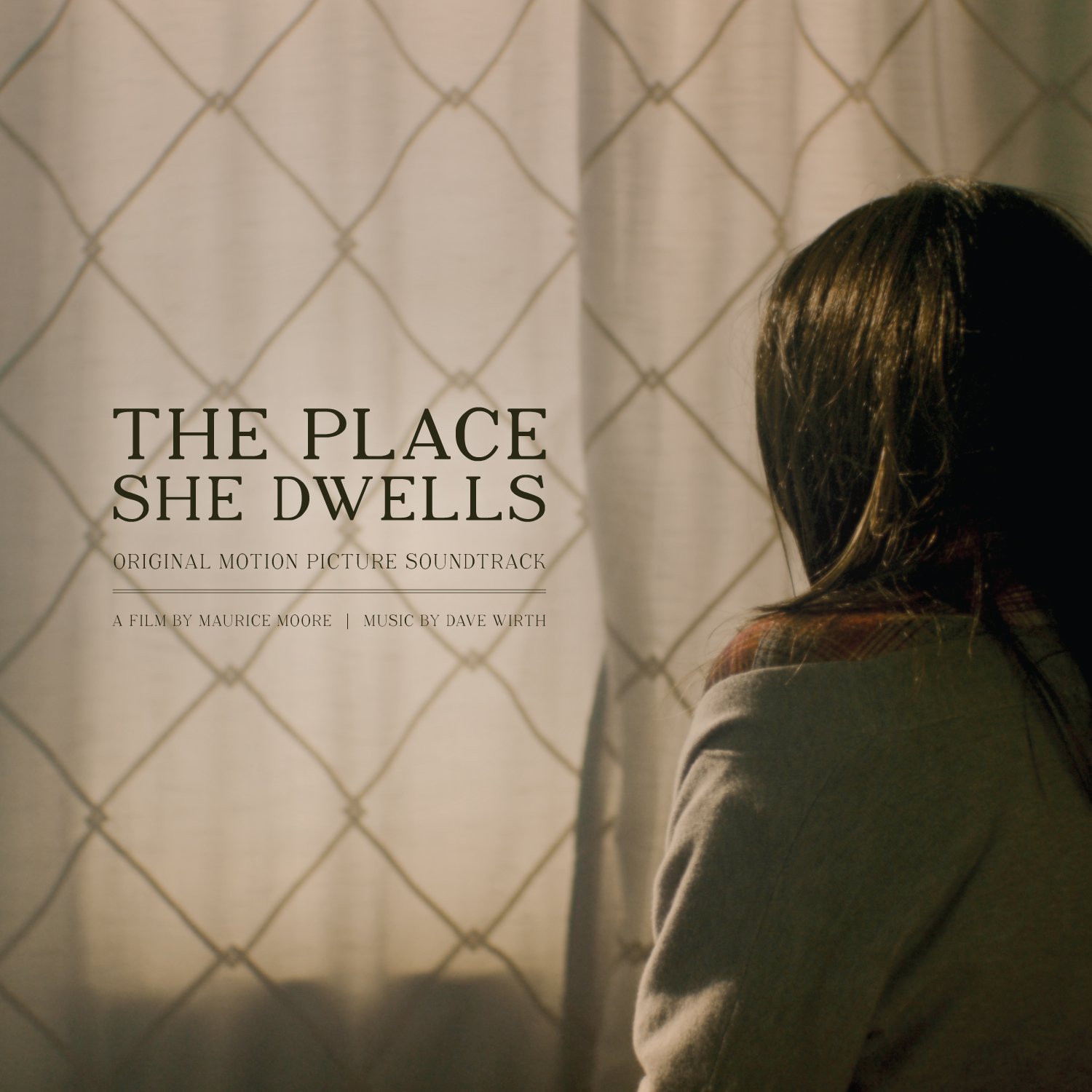Just like everyone else, there was a part of my life where I focused on the wrong things.
When I was a lot younger, I put all my focus into “being the best guitarist, ever.” I had this ideal of what the perfect guitarist would look like. I loved the thought of being acknowledged as this total badass on guitar. I romanticized the adulation I would receive on stage. I loved thinking about the attention I would get from the opposite sex. In every possible way, I wanted to be that perfect guitarist. I measured myself against him constantly. As you might've guessed, it didn't make me happy.
My life thankfully took a different turn. Now that I look back on it, I can’t help but wonder: What would've happened if I kept this target of being the best guitarist ever? What would my life look like?
For one, I probably would have 10X the technical ability on the guitar than I do now. I’d seriously blow the guitar up every time I played it.
I would have firmed a reputation as a touring musician. I probably would have recorded in quite a few amazing recording studios. I would have spent many more lonely hours in bars.
I also imagine my LinkedIn profile might've looked cluttered with groups that I had played in. I would have a colossal social-media following. I'd probably possess many more connections within the music industry. Perhaps I would have cultivated a reputation as this immense rock/metal guitar icon. Who knows?!?
I have no regrets about the path I took. I focused on film composing, on building a good home life, and I concentrated heavily on balance in all parts of my life. I'm pleased to say that I'm remarkably happy and progressing further towards all these ends.
After all, I believe that what I focus on is what I will become known for. The good, the bad, or the meaningless. Focus on the good stuff, I'll become known for it. Focus on the bad stuff, I'll become known for it. Focus on the meaningless stuff, and I'll get remembered as meaningless (if at all).
Now, my focus remains on the things I wish to cultivate. Values like balance, creativity, presence, kindness, and security. I'm very cool with getting remembered for any one of those!
Likewise, I ruthlessly expunge anything that I don't want to become known for. I refuse to hold court with optional sadness, arbitrary anger, or voluntary bitterness. Don't get me wrong. I feel my feelings which at times challenge me, but I never create stories about them. I guess I don't want the people I love to remember me as a man who carried shitty narratives.
This also affects how I develop my career. Every time a well-meaning friend tells me I should get better at social media to make it in the film industry, I ask myself, "am I willing to become known for that?"
I don’t want to become known for putting out YouTube videos every day about film composing, no matter the promise of more exposure. Knowing me, I’ll have less energy to reach out to potential directors, let alone give them my unbroken attention. Besides, it's not guaranteed to get me more gigs.
I don't want to be known as an Instagram influencer who continually is on the phone, even during Thanksgiving dinner. I think that couldn’t get more rude. Besides, it's not guaranteed to get me more gigs.
Further, I don't want to be known for working with the wrong people because I think it will lead to success. Narcissists, takers, and opportunity exploiters... all of these people just want me to do something for them. Besides, it's not guaranteed to get me more gigs.
Simply, I won't do anything that I don’t want to become known for.
Coming back to my example earlier, had I continued to focus on being the best guitarist ever, I would no doubt have become the best guitarist ever (at least in my mind!!!).
At the same time, I might have missed all the pleasure I have creating ambient music with modular synthesizers. I might have missed the joy of creating an orchestration for a scene that works perfectly with the performance. I might have missed all the wonderful chats I have with directors who just want to know the best way to get their film's music done. I might have overlooked the joys of a clean life, of settling down in a good home, of interacting with a close-knit, like-minded community.
I focus on giving my undivided presence to those I think deserve it. I bet I'll be remembered as a guy who put down his phone when he was in conversation and gave his attention thoroughly and generously.
I focus on creating music with a cutthroat ferocity to shut out external demands. I bet someday the film and music industry will view me as a guy who cared about doing his best work.
I focus on being a good friend. I hope my friends will remember that, once I'm gone. They may not! I don't know! That's certainly the hope.
I won't budge. I'll never go back.
I only focus on what I am willing to become known for.






























